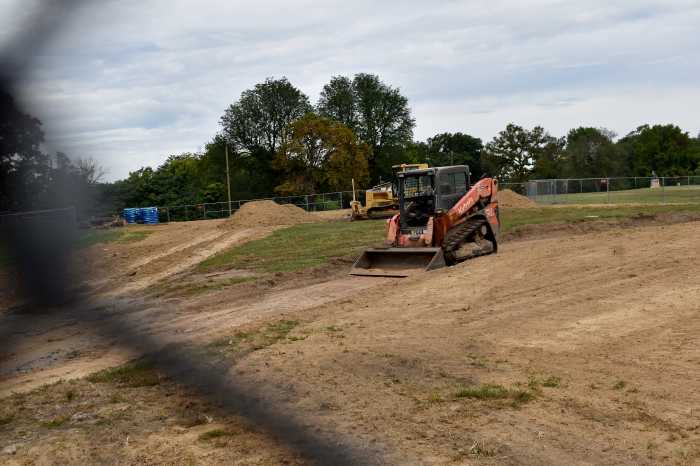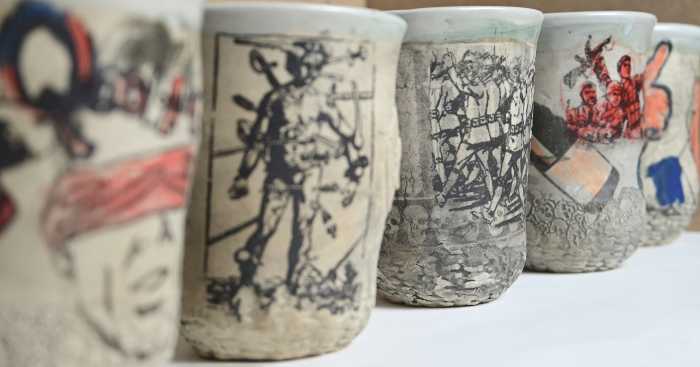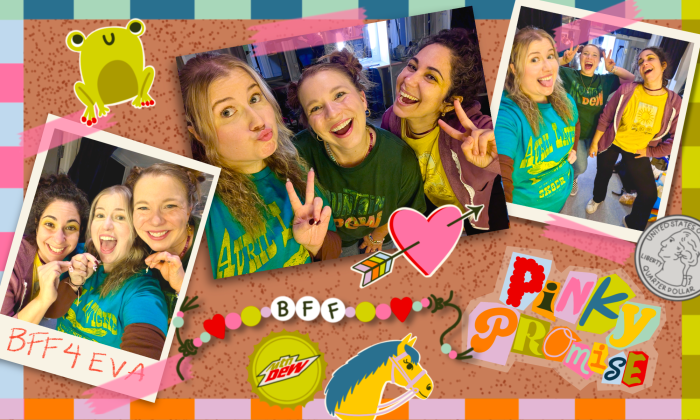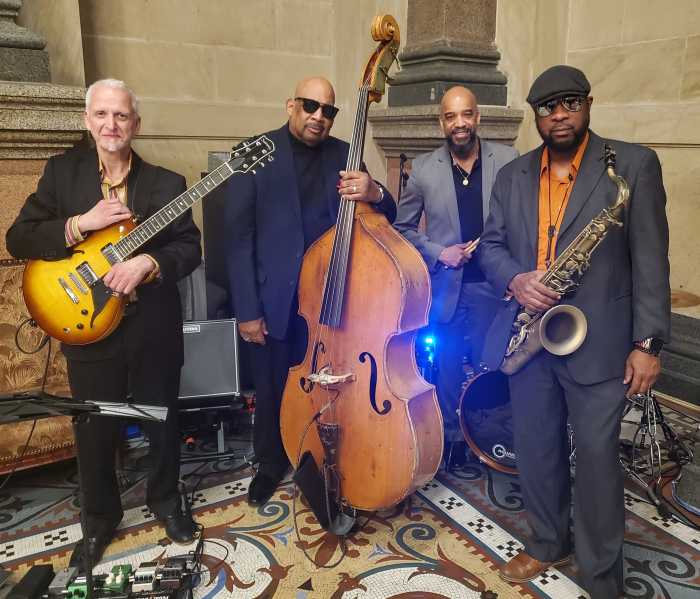Joking that she’s been called the “Bro Whisperer,” Sarah Beaulieu, 39, of Boston, met with a roundtable of Philadelphians on Thursday morning to discuss her project, “The Uncomfortable Conversation,” and ways to talk about sexual violence.
With a series of 55 videos, Beaulieu said, she’s hoping to help people have conversations about sexual violence in America.
It’s something that grew from a TEDx talk that she gave last year after she realized that young men might respond better to talking about sexual violence if they are given information that’s presented in a way they can use.
“What I learned is that young men, in particular, were really hungry for more practical information,” she said in an interview Thursday.
Also, she said, while men often get grouped into sexual violence perpetrators or advocates, there are so many men who don’t fit those stereotypes. Instead, Beaulieu said, she’s learned many men, who might be silent on sexual violence issues, are simply hesitant to talk about these issues because they don’t want to say the wrong things.
“They were just unclear about how to plug in,” she said.
With titles like “How to advocate for survivors,” “How to bring up a friend’s sexual assault” and “How to support a girlfriend who is a survivor,” she hopes to help bridge that gap. Beaulieu said that her videos are intended to be “how to” videos that could help destroy rape culture.
One video is even entitled “How to get consent for a bro hug,” and she said while it might seem innocuous, showing how to get consent for something as simple as a “bro hug” helps teach how to be comfortable getting consent for other actions.
“Consent is the same concept no matter what you’re asking for,” she said.
She said that she thought about what the opposite of a world with a rape culture would look like, and determined a world built on “empathy, connection and safe and healthy boundaries” would be the result.
In support of that ideal, she said, the videos are intended to help supplement educators in colleges and schools throughout the country.
Children in grade school and high school, she said, could benefit the most from “The Uncomfortable Conversation” videos because, in most cases, these schools can’t afford to have staff specialists trained in dealing with sexual assault and violence issues.
“What we have now is not enough,” she said, commenting on most current sexual violence education in schools and colleges.
She hopes the video series can help supplement existing educational efforts.
“I’m trying to make a tool to amplify what people are already doing,” she said. “Conversations on this issue can be so therapeutic, but you’ve just got to get better at having them.”
Beaulieu’s videos are available for viewing on The Uncomfortable Conversation’s website at www.theuncomfortableconversation.org.




























